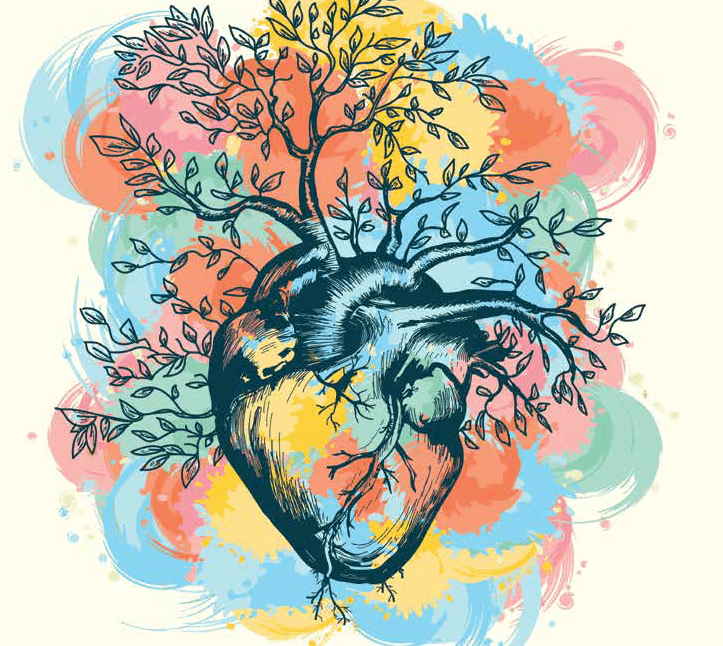Malnutrition may be an important risk factor for orthostatic hypotension (OH). The aim of this study was to investigate the relationship between malnutrition and OH, and the effect of nutritional improvement on cognitive functions and gait-balance parameters in patients with OH.
A total of 692 patients were included in the study. The Head-up Tilt Table Test and Mini Nutritional Assessment (MNA) were implemented for participants. Patients underwent a comprehensive geriatric assessment, including a neurocognitive evaluation and physical performance. After 6 mo, the participants who had OH were reevaluated.
Women comprised 64.8% of the patients and the mean age was 74.98 ± 7.68 y. The frequencies of OH, malnutrition, and risk of malnutrition were 31.9%, 7.4%, and 13.3%, respectively. The rates of dementia, hypertension, sarcopenia, frailty, and a history of falls in the past year were higher in the OH-positive group. OH was associated with malnutrition (odds ratio: 2.48; confidence interval, 1.35‒4.54; P = 0.003) and risk of malnutrition (odds ratio: 1.64; CI, 1.03‒2.62; P = 0.035) in contrast with normal nutritional status. A higher MNA score during the follow-up period resulted in improved cognitive and gait-balance scores when confounding factors were adjusted (P < 0.05). Patients with OH whose MNA score improved during the follow up also had a significant decrease in the number of falls (P = 0.034).
Optimization of nutritional status may improve global cognition and gait-balance functions, and prevent falls in older people with OH.
Copyright © 2021 Elsevier Inc. All rights reserved.
Improvement of nutritional status enhances cognitive and physical functions in older adults with orthostatic hypotension.


